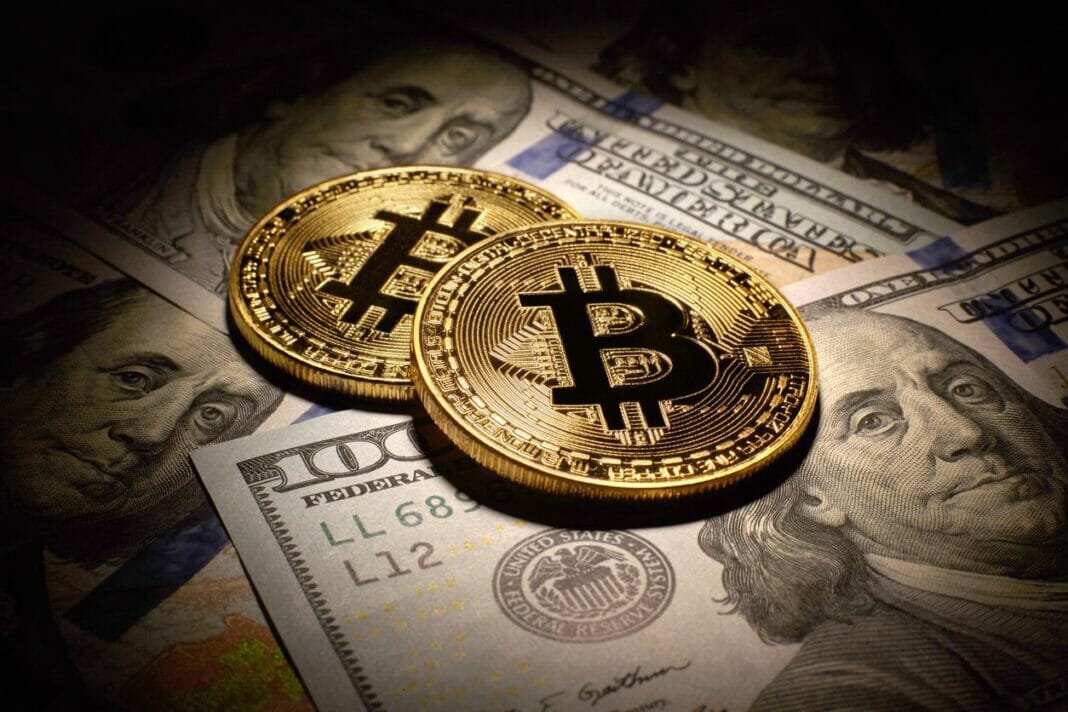In El Salvador, polls warn of the rejection of the Bitcoin Law among the population. Venezuela has its first developer awarded a grant for development in Bitcoin.
All eyes were on El Salvador this week, with a date marked on the calendar: Tuesday, September 7, when the law that would bring legal tender to bitcoin in the Central American country came into force.
And while the country prepared for the adoption of the cryptocurrency, polls established that most Salvadorans do not agree with the measure of the National Government.
Me
In countries like Mexico, various news appeared, such as the sanctions to an alleged Ponzi scheme that uses bitcoin or the cases of extortion and kidnapping of migrants where criminals asked for payments with cryptocurrencies.
Last week there was also news about bitcoin in nations like Argentina, Chile, and Venezuela.
The Situation in Argentina
The southernmost country on the American continent has a very compacted exchange control built into its economy. And this control could face new risks due to the use of cryptocurrencies, according to statements by the president of the Central Bank of the Argentine Republic (BCRA), Miguel Pesce.
During a meeting led by the Argentine Chamber of Fintech, the executive clarified that Argentines could use cryptocurrencies to purchase products and services. But the BCRA would make sure cryptocurrencies are not a tool to disrupt exchange laws.
In Chile, this week, there was an announcement about a charity campaign with bitcoin (BTC) that managed to raise more than 8,700 dollars to equip children with sports equipment.
The campaign got organized back then by the charity BitGive and the NGO Desafío Chile. It comes from 2018, but after various disruptions and obstacles, it achieved its current goal.
The crypto world now focused its interest on El Salvador, where this Tuesday, September 7, the Bitcoin Law came into effect.
Among the preparations for the event, the Salvadoran government launched the very first images of its Chivo Wallet and presented the first publicity spot on the cryptocurrency created by a government in the world.
Meanwhile in Venezuela
In Venezuela, the Superintendency of Crypto Assets and Related Activities (SUNACRIP) has now focused its efforts on the fight against money laundering with cryptocurrencies in the country.
The organization signed an agreement with the National Office Against Organized Crime and Terrorism Financing, which is part of the Ministry of the Interior, for this purpose.
In terms of development, a milestone got reached for the South American country this week. Software engineer Francisco Calderón received a grant due to contributions in developing the RGB side chain; this is an open-source project intended to work with smart contracts for the Bitcoin network.
Mexico Seems to be Concerned
This week, Mexico expressed the concern of the Financial Intelligence Unit (UIF) regarding the use of cryptocurrencies in extortion and kidnapping of migrants passing through the North American country bound for the United States of America.
The Mexican Banking and Securities Commission (CNBV) sanctioned and ordered the cessation of operations with investments to Xifra. Xifra is an alleged investment system that uses bitcoin and offers monthly returns to its participants.
Xifra received accusations by users of being a Ponzi scheme, and its network does not allow new users to enter without referrals
By: Jenson Nuñez











